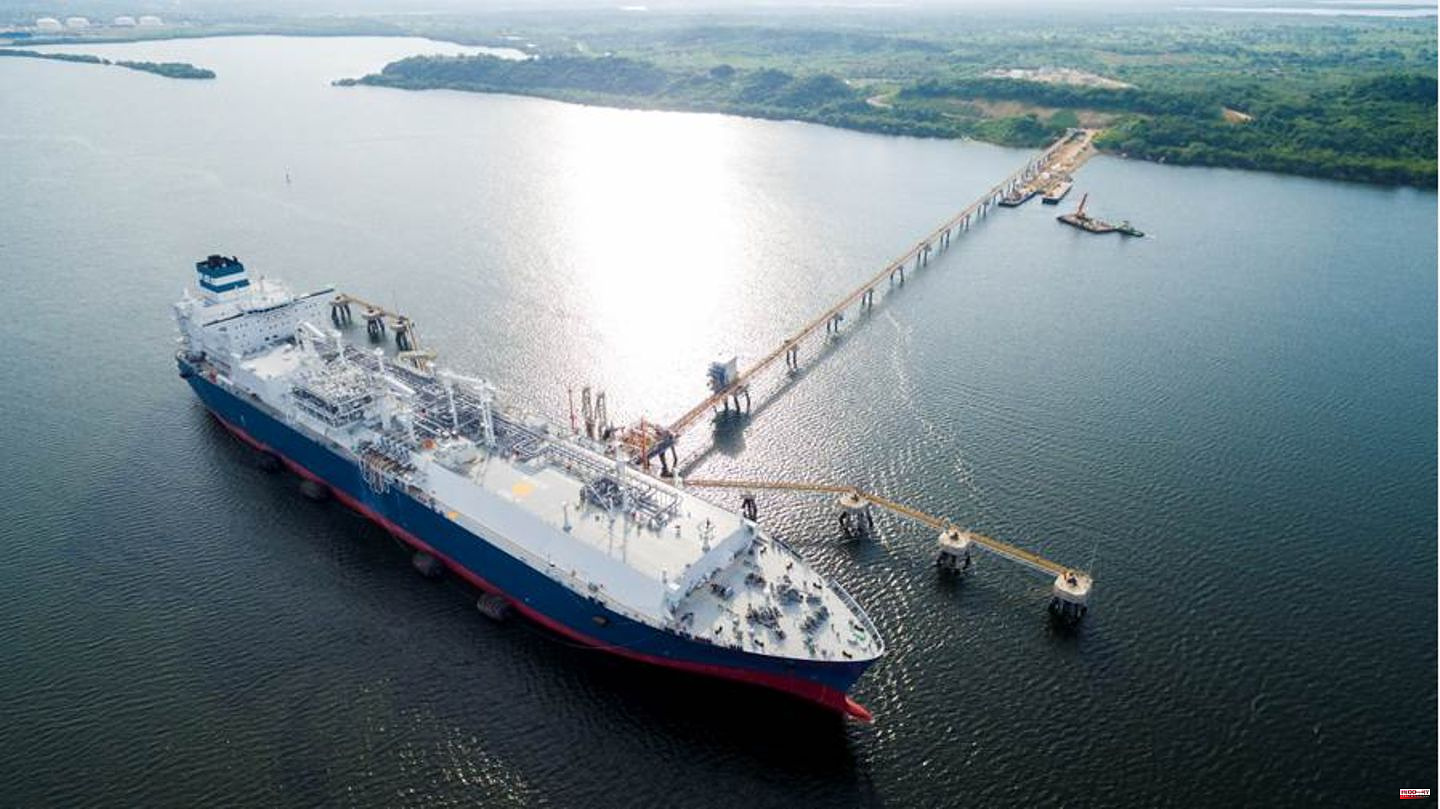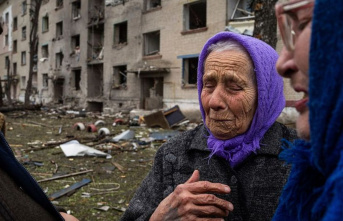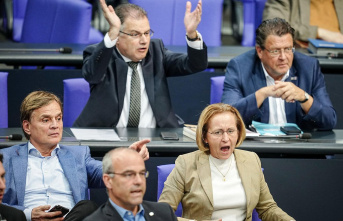Great hopes are pinned on floating LNG terminals. They are an important part of the federal government's plans to get Germany as warm as possible through the winter without Russian gas - and to set up an alternative supply to Russian gas. According to accelerated planning, the Norwegian terminal ship "Höegh Esperanza", chartered by the federal government, is to be stationed in Wilhelmshaven in December and part of the gas supply will be taken from there. "LNG tankers of all sizes will be able to call at the facility regardless of the tides and in accordance with the highest international safety standards," said the operator Uniper in a statement last summer.
However, the operation of the terminal will not be as unproblematic as it sounds in the Uniper announcement. "In Wilhelmshaven and at the other LNG sites, there is a risk of a creeping chemical accident," warns Sascha Müller-Kraenner from the German Environmental Aid. Environmentalists and local politicians are particularly concerned about the use of chlorine as a biocide to keep the regasification plant free of mussels and barnacles. 178 million cubic meters of chlorine-laced water are expected to enter the sea every year. The entry of the biocide would endanger the unique habitat of the Wadden Sea - a World Heritage Site - but also people in the region. Because, as Imke Zwoch from the Bund für Umwelt und Naturschutz (BUND) told Norddeutscher Rundfunk (NDR): "It's not just about chlorine, but about 20 or 30 different compounds that can arise from it, especially compounds containing bromine. "
"Bromine is a neurotoxin," explains local politician Dieter Schäfermeier (Pro Wangerland) to NDR, "and if that gets into the food chain via the crab and fish spawning areas, then we'll have a big problem here in the future." Schäfermeier is also critical of the regasification process, in which, according to Uniper, the liquefied gas, which has been cooled to minus 162 degrees, is heated with seawater. The water is later returned to the sea, but is then six to seven degrees colder than before. The cold water will descend into clouds several square kilometers in size, roughly every four days. The consequences: unclear. "That should have been examined much more closely," complains the local politician.
But in view of the critical supply situation, environmental protection requirements were relaxed in the LNG Acceleration Act. A mandatory environmental impact assessment was canceled altogether, criticizes environmental aid. The authority announced that around 300 objections were therefore submitted to the State Office for Water Management, Coastal Defense and Nature Conservation (NLWKN) as part of the water law permitting process. But Lower Saxony's Environment Minister Olaf Lies (SPD) rejects the concerns overall. The approvals for the LNG terminals - five are expected to be available - would only be granted after careful examination. It is taken into account in which valuable natural area you are moving, said the minister on the sidelines of an information event in Wilhelmshaven on Wednesday. The authorities paid "strict attention to compliance with our high German environmental standards," the NDR quoted the minister as saying.
But there are doubts that compliance with these standards is even possible with the "Höegh Esperanza". So there are alternatives to the use of chlorine. These included rubber beads that could mechanically keep the regasification plant free of growth. But: "The 'Höegh Esperanza' is not equipped for this," says BUND woman Imke Zwoch. As a result, the terminal ship is not state-of-the-art, contrary to what Minister Lies has publicly stated. Rather, the "Höegh Esperanza" did not receive an operating permit for an LNG project planned in Australia in 2021 due to biocide discharges into seawater. The ship failed the environmental assessment of the authorities in the state of Victoria, according to environmental aid. The project was then canceled and that was the only reason why the federal government was able to charter the ship at all – for 120,000 euros per day.
"The ship is what could be chartered," Lies told NDR, "what was available on the market." The minister assures that the environmental standards are being observed, but that there is no other choice but to use the "Höegh Esperanza" to make progress in securing the energy supply. There is therefore no way around the use of chlorine. Despite all the environmental concerns, there is little doubt that the LNG terminal will go into operation. The terminal is to remain in operation for a maximum of ten years – the project is limited to this time.
Sources: German Environmental Aid; Daily port report; Uniper; NDR (1); NDR (2), editorial network Germany; DPA












